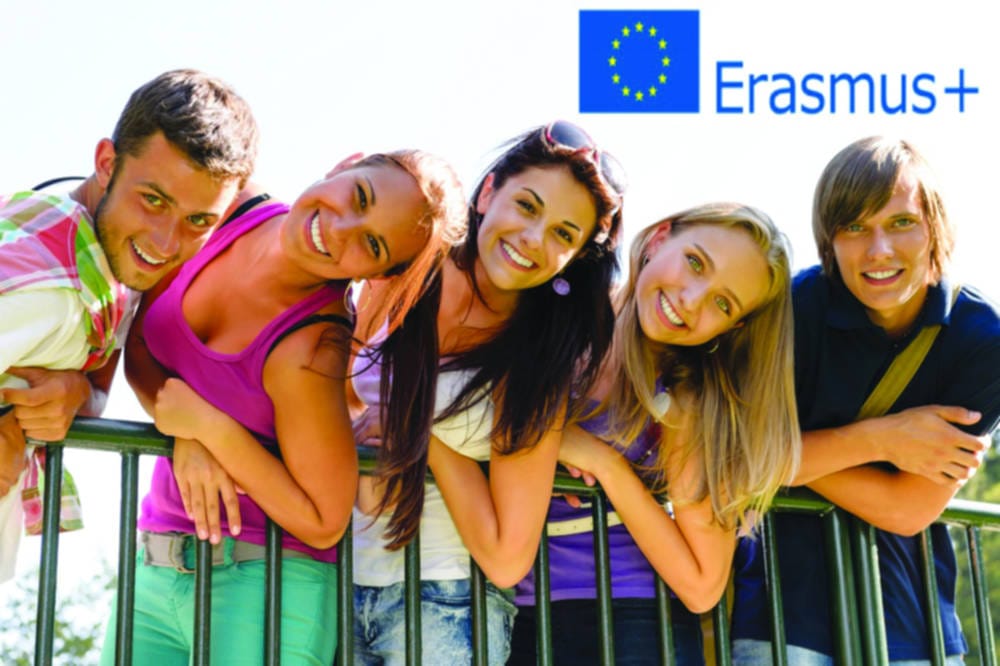EU myths debunked
What the Leave campaign says is going on versus what is actually going on

The claim: The EU open-borders policy puts strain on the UK and makes it harder for non-Europeans to settle in the UK.
The facts: According to a report by the Migration Observatory in 2011, 95% of net migration to the UK was that of non-EU nationals.
The EU has no power over UK immigration policies for non-Europeans. Under EU policy, citizens of EU countries can settle in the UK and work at any job without a visa. UK citizens can do the same in EU countries. According to the aforementioned report, the immigration of EU nationals to the UK is roughly offset by the emigration of UK nationals to other EU countries.
Before non-Europeans work in the UK, they must be accepted to a position in the shortage occupation list that meets the minimum skills threshold. Then they may apply for a work visa – a long, bureaucratic process for them and their potential employer. The UK recently changed its immigration policy in an explicit pledge to lower net migration, making it more difficult for non-Europeans to settle in the UK in an explicit pledge to lower net migration. The recent restrictions and regulations include shortening the shortage occupation list and increasing the minimum skills threshold, increasing the requirements for institutions and businesses to sponsor non-European students or employees, raising the minimum salary for a work visa, and increasing restrictions on bringing family members to the UK. A UK citizen who marries abroad cannot return with their non-European spouse unless they prove that they have an annual income exceeding £18,600 (or more if they have children). 47% of British citizens – in particular, 61% of British women – do not meet this requirement.
The bottom line: Any suggestion that the EU open-borders policy disadvantages the UK is baseless, and any claim that the EU has a negative impact on non-Europeans wishing to immigrate to the UK is a lie.
The claim: The EU is an anti-democratic organisation.
The facts: There are three bodies involved in EU legislation. The Council of the EU (made up of government ministers of EU countries) and the EU Parliament (elected by citizens of EU countries by proportional representation) are the only bodies which pass EU laws and policies. The European Commission just draws up proposals for new EU legislation to be voted on; it cannot pass laws. It comprises 28 Commissioners – one for each EU country – who are suggested by their respective governments and must be voted in by the European Parliament. The Commission’s own president must be supported by the majority of members of the European Parliament to be elected.
The bottom line: Legislation and laws are passed by EU countries’ government ministers and elected European Parliament members. Those involved in writing and enforcing legislation are elected by Parliament members and EU heads of state. This procedure is different to the one at, say, Westminster, but all contemporary so-called democratic governments are somewhere on a spectrum between democracy and bureaucracy. “The EU is anti-democratic” is an empty and hypocritical claim.
The claim: We won’t lose out on Erasmus, non-EU countries already take part in the programme. We can be like Switzerland!
The facts: Switzerland first participated in Erasmus in the academic year 1992/3, but in the same year voted against joining the EEA, ending its participation in all EU education programmes. In the early 2000s Switzerland and the EU signed agreements including freedom of movement, and in 2011 Switzerland regained full participation in Erasmus; but its eligibility was revoked again in 2014 after it voted to limit immigration through quotas, breaking its free movement treaties. The Swiss government then arranged the interim solution of allocating $25million to fund Swiss students studying in Europe and Europeans studying in Switzerland, allowing an exchange programme to continue. Today it is an Erasmus Partner Country, meaning it can participate under certain conditions.
The bottom line: Free movement of people is an EU requirement for participation in its education programmes. As the UK does not intend to keep its open-borders policy if it leaves the EU, it will struggle to maintain its full participation status, and considering the UK’s domestic education policies, it is unlikely to set up an interim programme, Switzerland-style.
The claim: Leaving the EU won’t affect European stability. It’s not a peacekeeping mechanism and there’s no European war coming anyway.
The facts: The EU started in 1950, uniting European countries to secure lasting peace after a long era of prevailing wars. The 1990s saw the fall of communism and completion of the single market, including freedom of movement, with European nations on closer terms than ever. Today, across Europe, the political far-right is on the rise. For instance, this April, the Freedom Party of Austria lost the second round of presidential elections by less than 1% of the votes, and in March the Alternative for Germany party won over 13% of the votes in German local elections. What these and other far-right parties across Europe have in common is extreme nationalism and xenophobic anti-immigration policies.
The bottom line: Countries united economically and politically are less likely to go to war against each other. It is easy in a time of peace to forget that war could ever again happen in Europe, but this is ignoring history to the point of denial. If the UK leaves the EU, the moderate European governments will continue their peaceful relations – but with the alarming Europe-wide rise of nationalism and xenophobia, which European governments we will see in 10 years? In 20 years?








